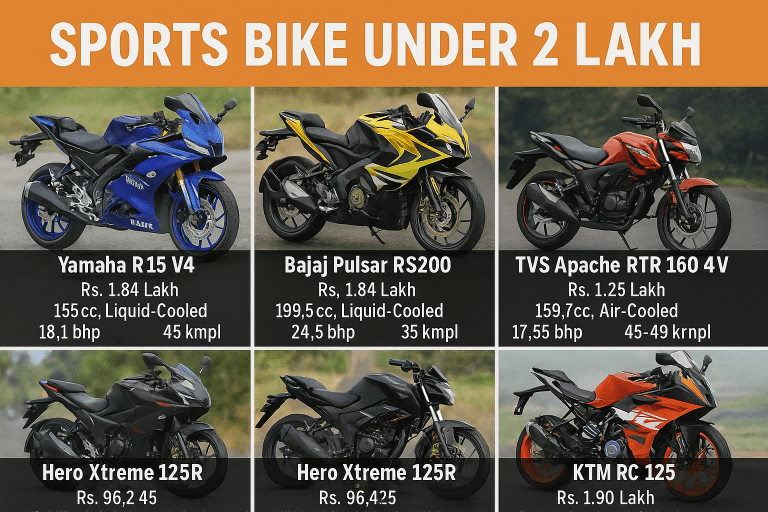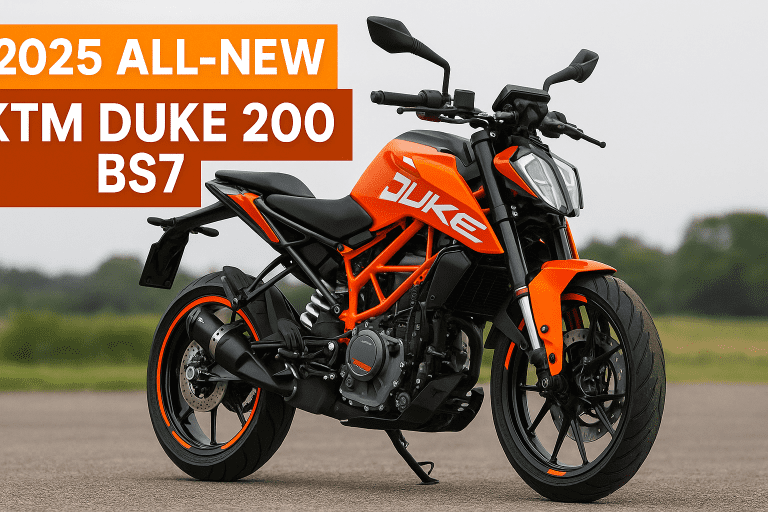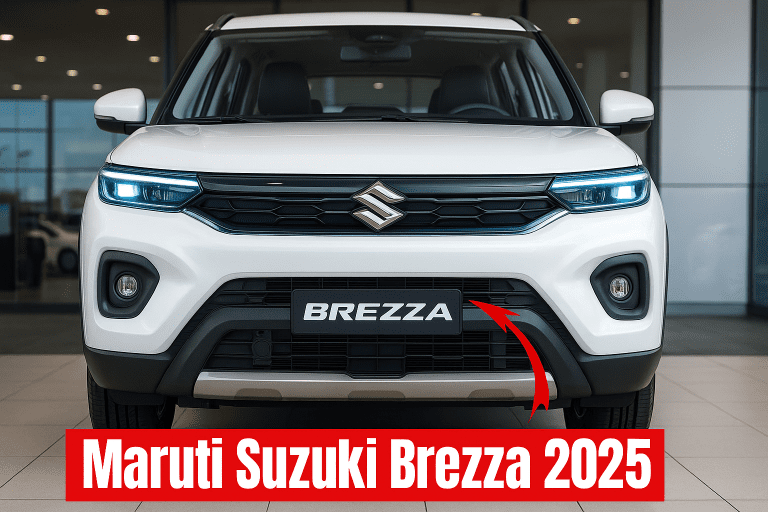Choosing between the Honda Shine and Honda Unicorn can be challenging for riders seeking a reliable commuter motorcycle in India. Both bikes are popular in the commuter segment, offering a blend of fuel efficiency, comfort, and performance. In this detailed comparison, we explore the key differences and similarities between the Honda Shine and Honda Unicorn to help you decide which bike suits your needs. Optimized for keywords like “Unicorn vs Shine,” this guide covers price, engine specs, features, mileage, and more to assist in your buying decision.
Table of Contents
Price and Variants
The Honda Shine is the more affordable option, with an ex-showroom price starting at Rs. 83,251 in Delhi for the base Drum variant, going up to Rs. 89,245 for the top-end model. The Honda Unicorn, priced higher, starts at Rs. 1,19,481 (ex-showroom, Delhi) for its base variant. The price difference of approximately Rs. 36,000 reflects the Unicorn’s larger engine and additional features, but the Shine remains a budget-friendly choice for daily commuters.
| Bike Model | Base Price | Top-End Price |
|---|---|---|
| Honda Shine | Rs. 83,251 | Rs. 89,245 |
| Honda Unicorn | Rs. 1,19,481 | Rs. 1,19,481 |
Engine and Performance
The Honda Shine is powered by a 123.94 cc single-cylinder, air-cooled engine, producing 10.74 PS at 7500 rpm and 11 Nm of torque at 6000 rpm. This engine is tuned for fuel efficiency and smooth performance, making it ideal for city commuting. In contrast, the Honda Unicorn features a larger 162.71 cc single-cylinder, air-cooled engine, delivering 13.18 PS at 7500 rpm and 14.58 Nm of torque at 5500 rpm. The Unicorn’s engine offers better low-end torque and punchier performance, suitable for both city and highway rides.
The Unicorn’s larger engine provides a noticeable edge in acceleration and cruising capability, while the Shine’s smaller engine excels in fuel economy. Both bikes feature a 5-speed manual transmission, ensuring smooth gear shifts. However, the Unicorn’s engine feels more refined and torquier, with a sportier exhaust note compared to the Shine’s quieter output.
| Specification | Honda Shine | Honda Unicorn |
|---|---|---|
| Engine Displacement | 123.94 cc | 162.71 cc |
| Power | 10.74 PS @ 7500 rpm | 13.18 PS @ 7500 rpm |
| Torque | 11 Nm @ 6000 rpm | 14.58 Nm @ 5500 rpm |
| Transmission | 5-Speed Manual | 5-Speed Manual |
Mileage and Fuel Efficiency
Fuel efficiency is a critical factor for commuter bikes, and the Honda Shine takes the lead with an impressive mileage of around 55-64 kmpl, depending on riding conditions. The Honda Unicorn, with its larger engine, offers a respectable mileage of approximately 50 kmpl. For riders prioritizing fuel savings, the Shine is the better choice, especially for daily city commutes. The Unicorn, however, provides a balanced mix of efficiency and performance for those who occasionally ride on highways.
Design and Build
The Honda Shine sports a sleek, understated design with a bold front visor and chrome accents, appealing to riders who prefer a subtle yet stylish look. It is available in seven colors, offering more variety than the Unicorn’s three color options. The Shine weighs 114 kg, making it lightweight and easy to maneuver in traffic. The Honda Unicorn, at 140 kg, is heavier but features a more mature and robust design, with a longer wheelbase (1340 mm vs. Shine’s 1266 mm) and wider rear tires for enhanced stability.
Both bikes feature a commuter-friendly upright seating position, but the Unicorn’s mono-shock rear suspension and longer wheelbase provide superior ride comfort, especially on uneven roads. The Shine’s twin-shock rear suspension is adequate for city use but less refined on rough terrains compared to the Unicorn.
Features and Technology
Both the Honda Shine and Unicorn come equipped with practical features like an Automatic Headlight On (AHO), pass light, pillion grabrail, and side stand alarm. The Unicorn adds single-channel ABS for enhanced safety, a feature absent in the Shine. Both bikes include an engine kill switch and pillion footrests, but the Unicorn’s LCD instrument cluster is a step above the Shine’s analog-digital display, offering a more modern interface with additional information like gear position and fuel range.
The Shine’s combi-braking system (CBS) is available in select variants, providing balanced braking performance. However, the Unicorn’s single-channel ABS and superior braking setup make it safer for high-speed or emergency stops.
| Feature | Honda Shine | Honda Unicorn |
|---|---|---|
| ABS | No (CBS in select variants) | Single-Channel ABS |
| Instrument Cluster | Analog-Digital | LCD |
| AHO | Yes | Yes |
| Hazard Warning Indicator | Yes | Yes |
Comfort and Ergonomics
The Honda Shine’s seat height of 1116 mm is slightly higher than the Unicorn’s 1103 mm, but its lighter weight makes it easier for shorter riders to handle. The Shine’s compact design and soft seat cushioning ensure comfort for short city rides. The Honda Unicorn, with its larger frame and well-padded seat, is better suited for longer journeys, offering an upright posture that reduces fatigue. Users praise the Unicorn for its smooth ride and excellent suspension, making it a preferred choice for riders with back pain or those planning extended rides.
Cost of Ownership and Resale Value
The Honda Shine’s lower purchase price and higher mileage contribute to a lower total cost of ownership for budget-conscious buyers. Maintenance costs are minimal for both bikes, but the Shine’s simpler engine may require less frequent servicing. However, the Honda Unicorn holds a higher resale value, with 5- to 7-year-old models retaining around Rs. 48,000 compared to the Shine’s Rs. 30,000, offsetting its higher initial cost over time.
Also Read All New 2025 KTM Duke 200 BS7: A Sleek and Powerful Ride
Which Bike Should You Choose?
The Honda Shine is the ideal choice for new riders or those seeking a budget-friendly commuter bike with excellent mileage and low maintenance costs. Its lightweight build and affordable price make it perfect for navigating city traffic. The Honda Unicorn, with its larger engine, superior ride quality, and advanced features like ABS, is better suited for experienced riders who prioritize performance and comfort, especially for highway rides or longer commutes.
If fuel efficiency and affordability are your top priorities, the Honda Shine is the clear winner. However, if you value power, stability, and a premium riding experience, the Honda Unicorn is worth the extra investment. Test ride both bikes to determine which aligns with your riding style and needs.
External Links for More Information
- Official Honda Shine Page
- Official Honda Unicorn Page
- BikeWale: Honda Shine vs Honda Unicorn Comparison
- ZigWheels: Honda Shine vs Honda Unicorn Specs








